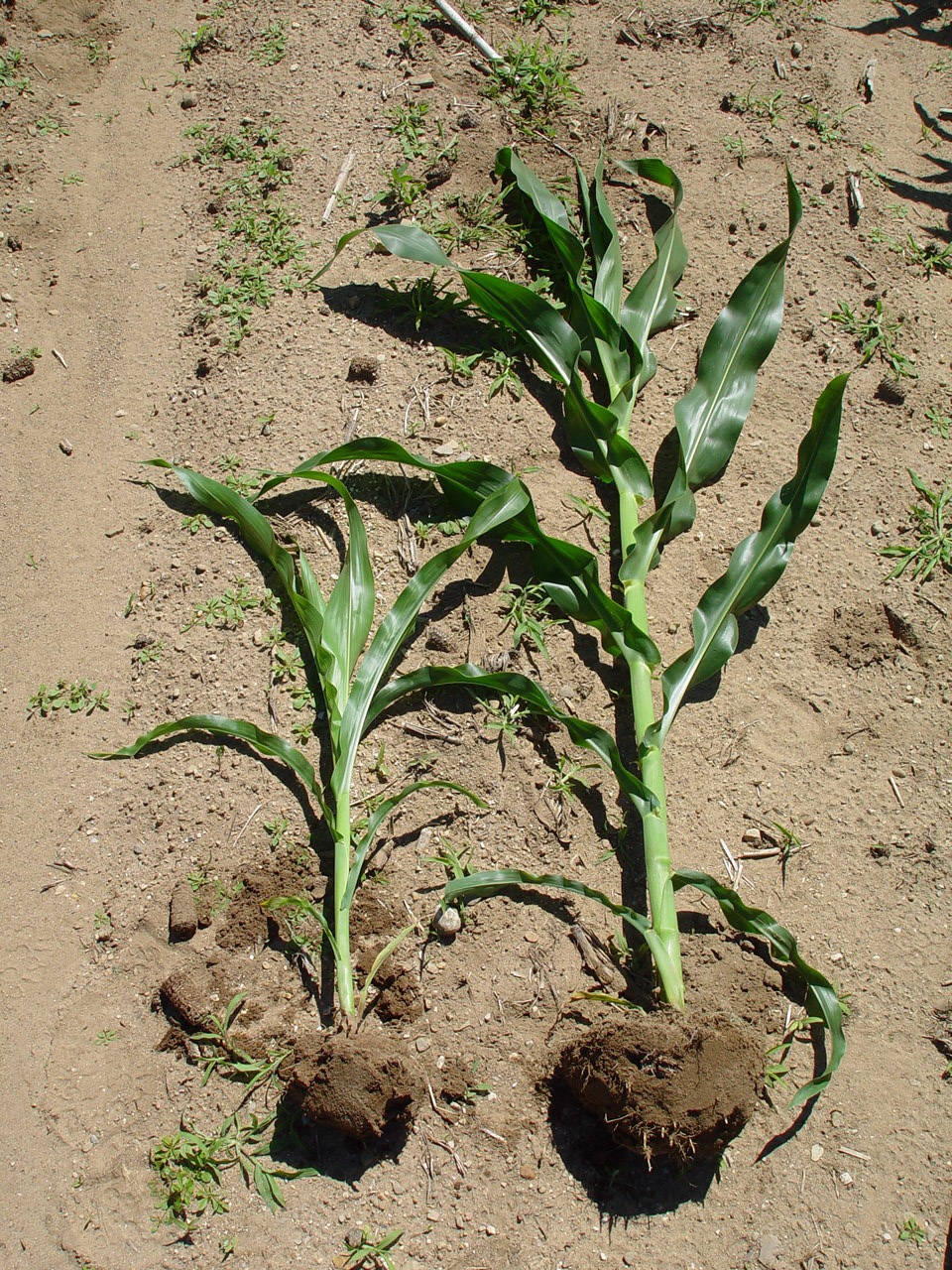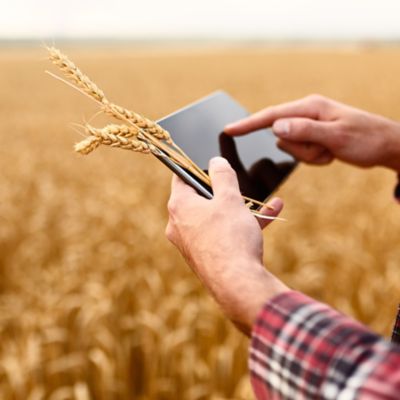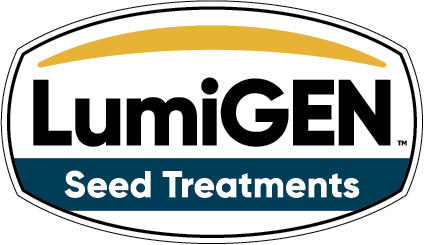Seed is easily the most significant investment a grower will make in their crop. Seed decisions may start with hybrids and traits, but they ultimately drive crop protection product and nutrient decisions too.
Why are seed treatments important?
Seed treatments are becoming an increasingly important factor in seed selection – they are essential for getting crops off to their best start, and without properly selecting the right ones, there is risk in exposing one of the greatest assets to disease, pests and the environment.
From the moment seeds are planted they will be challenged. Seed and seedlings are especially vulnerable, making it important to give them the best start to help them reach their potential.
What do seed treatments do?
Seed treatments can be formulated with fungicides, insecticides, nematicides and biologicals. In addition to helping the seed defend against early season pests and diseases, seed treatments can reduce:
- Damage from pests that can introduce fungal, bacterial, and viral disease
- The number of foliar applications required due to targeted protection against pests (and may eliminate applications altogether)
- Threats to the plant that can rob crop yields and save natural resources like water, soil and nutrients
- Economic impact of reduced yields
Seed treatments also improve:
- Seedling emergence and health, setting the plant up for success
- Continued accessibility of crop protection technologies, products and traits
- Thanks to using various modes of action in seed treatment products, seed treatments contribute to Integrated Pest Management (IPM) practices that increase the lifespan of crop protection technologies
How do I select the right seed treatment?
Start by understanding what the threats are to your seeds and seedling crops. Have you had problems with certain diseases or pests in the past?
Prioritize your seed treatment decision and make it part of your seed selection process, and don’t be afraid to ask your seed sales team questions. Looking for a place to start? Corteva Agriscience offers some Seed Applied Technologies information here.
A look at seed treatment solution options for common challenges in corn and soybeans
| Corn |
Soybeans |
Diseases: Rhizoctonia and pythium
Pests: Wireworms, grubs, cutworms, and seedcorn maggot
Nematodes: 87% of the fields sampled by Corteva in 2022 in Eastern Canada had nematodes present
Seed Applied Technologies available in corn:
Lumiscend™ Pro fungicide seed treatment, Lumialza™ nematicide seed treatment and Lumivia™ insecticide seed treatment.
|
Diseases: Pythium, fusarium, rhizoctonia and phytophthora
Corteva offers Lumisena™ – the top fungicide seed treatment for phytophthora
Pests: Soybean aphid, bean leaf beetle, cutworms and wireworms
Seed Applied Technologies available in soybeans:
Lumisena fungicide seed treatment and Lumiderm™ insecticide seed treatment.
|

A comparison of a nematode damaged corn plant on the left versus a healthy plant on the right.






